The Human Optogram
Derek Ogbourne
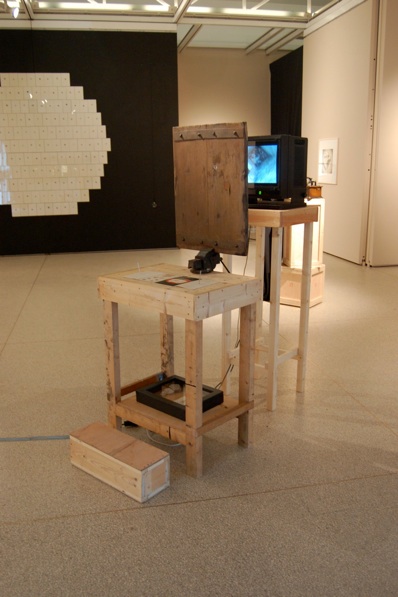
http://www.archive.org/bookmarks/Ogbourne


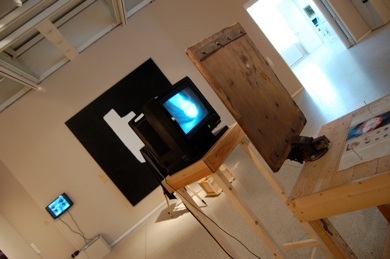

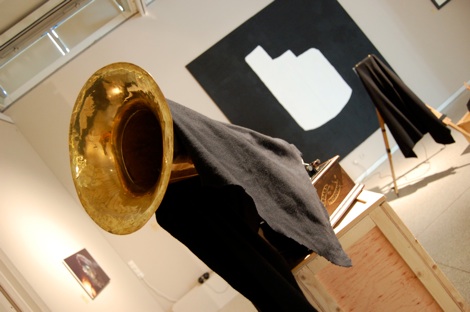
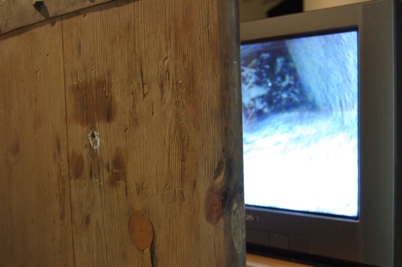


Phonographic recording of the last will and testament of a lonely widow.
Well, here lies the torso from his headless body. Cruelly drowning our two beautiful boys. And a small black box that remains to tell of the horrid events that leave me empty inside; every night my eyes burn through with loneliness and shame.
So, here it is; for people in the future to witness; what a man can do. I ask you to think of my two beautiful boys, Wilhelm and Adolf, whose last moments were consumed by our cruel Old Rhine.
And what remains in the eyes of my misguided husband at the moment of his
death.
A. Reif, Berlin, December 1886.




Translation of the above left German phonographic recording
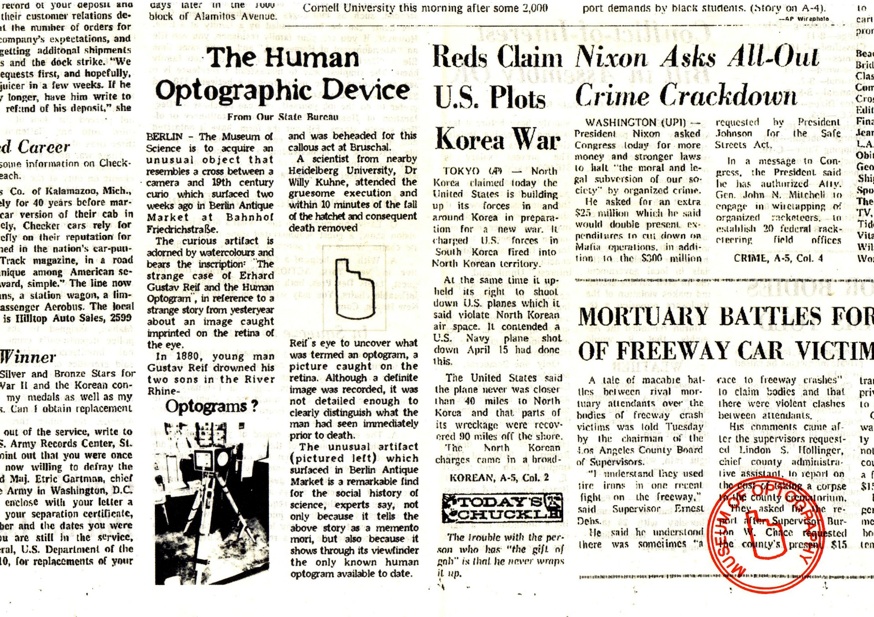
The Human Optogram
(George Wald 1953)
In the nearby town of Bruchsal on November 16, 1880, a young-man was beheaded by guillotine.
Wilhelm Kuhne had made arrangements to receive the corpse. He had prepared a dimly lighted room screened with red and yellow glass to keep any rhodopsin left in the eyes from bleaching further. Ten minutes after the knife add fallen he obtained the whole retina from the left eye and had the satisfaction of seeing and showing to several colleagues a sharply demarcated optogram printed upon its surface. Kuhne’s drawing of it is reproduced below. To my knowledge it is the only human optogram on record.
Kuhne went to great pains to determine what this optogram represented. He says: “A search for the object which served as a source for this optogram remained fruitless, in spite of a thorough inventory of all the surroundings and reports for many witnesses. The delinquent had spent the night awake by the light of a tallow candle; he slept from four to five o’clock in the morning; and had read and written, first by candlelight until dawn, then by feeble daylight until eight o’clock. When he emerged in the open, the sun came out for an instant, according to a reliable observer, the sky became somewhat brighter during the seven minutes prior to the bandaging of his eyes and his execution, which followed immediately. The delinquent, however, raised his eyes only rarely.
The Human Optogram as seen in Kuhnes text: Observations for Anatomy and Physiology of the Retina, 1881

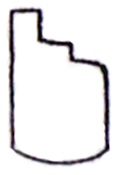
The Old Bruchsal Prison, 1900’s
Ruhe in Frieden: Rest in peace
Herr vergib mir: God forgive
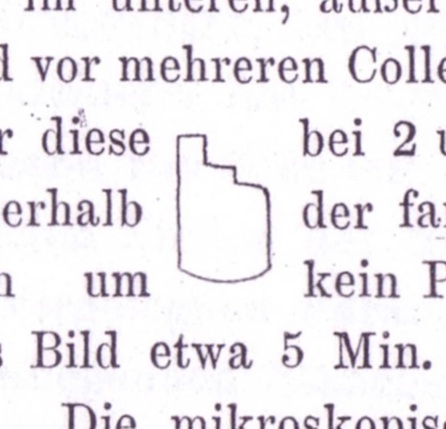


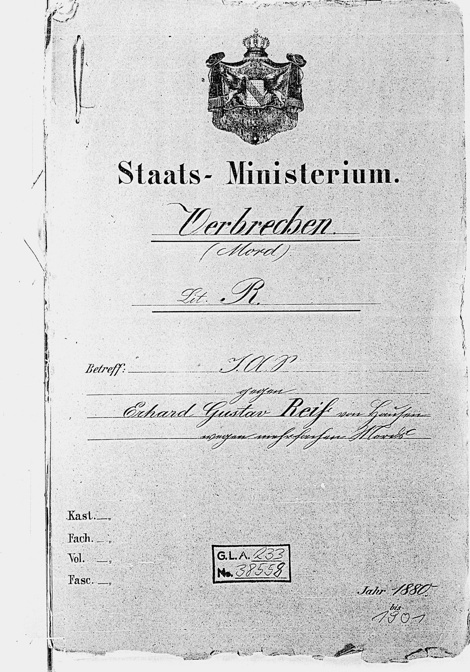

Opening page of the Reif Case file from 1880, taken from microfilm held in Karlruhe archives.
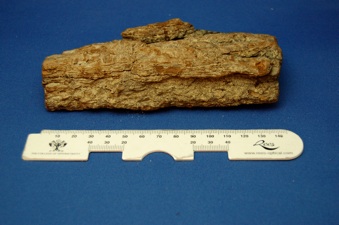
Erhard Reif drowned his two sons in the Old Rhine at Maxau, below are catalogued fragments from the waterside murder site.